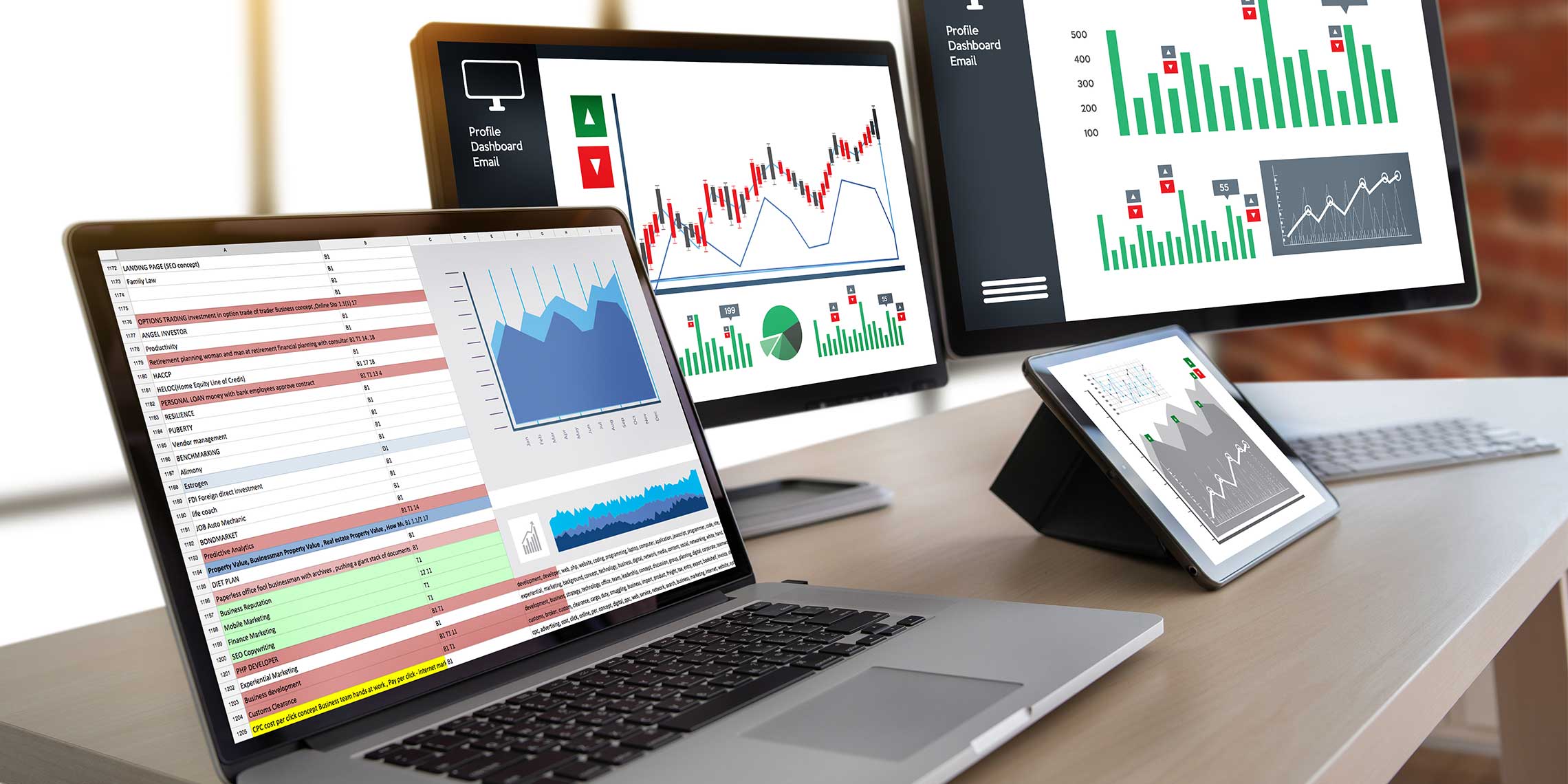Download our e-Treasury Secure Browser
Download the Sterling e-Treasury Token Client
Download our e-Treasury Secure Browser
Download the Sterling e-Treasury Token Client
Due to weather conditions, NY banking centers in Orange, Rockland, Ulster, and Sullivan county will open at 10am today. Online Banking, Mobile Banking, ATM’s, and the Contact Center remain available.
For optimal viewing experience, please use a supported browser such as Chrome or Edge
Download Edge Download Chrome
Published on November 9, 2018 |
Also known as an executive dashboard or business intelligence dashboard, the data dashboard is a customizable management tool that provides real-time performance metrics at a glance. As an integral part of continuous auditing and continuous monitoring, this visual tracker displays metrics, data points, and key performance indicators, providing valuable insights that drive decision-making across your company.
When choosing the right dashboard for your company, consider the following features:
Data Automation. A dashboard should continuously pull information from existing sources and programs, rather than rely on manual input and updates. Outdated, inaccurate dashboards can
be worse than not having one at all.
Actionable Metrics. Many companies include “vanity metrics” on their dashboards that cannot be acted upon. Be sure the data you display
on your dashboard lead to clear decisions and
consequences.
Access & Reporting. Personnel in the field and managers on the floor will require your dashboard to interact on multiple platforms. Some dashboards also have SMS capabilities and will send instant alerts based on predefined thresholds.
Easy Navigation. Don’t choose a dashboard that crams in too much information. Your company snapshot should either fit on one screen or use tabs to segment the information.
Customization. Resist the urge to show everything to everyone and be discerning about what you want reported to each division. Depending on seniority level and employee function, your dashboard should be capable of simultaneously displaying various sets of data or the same data presented differently.
Holistic Sourcing. Make sure your dashboard casts a wide net and tells your whole story using metrics from across, and outside, your company.
Webster Bank, N.A.
Webster, Webster Bank, Webster Investments, the Webster Bank logo
and the W symbol are trademarks of Webster Financial Corporation
and registered in the U.S. Patent and Trademark Office.
© 2025 Webster Financial Corporation. All rights reserved.


